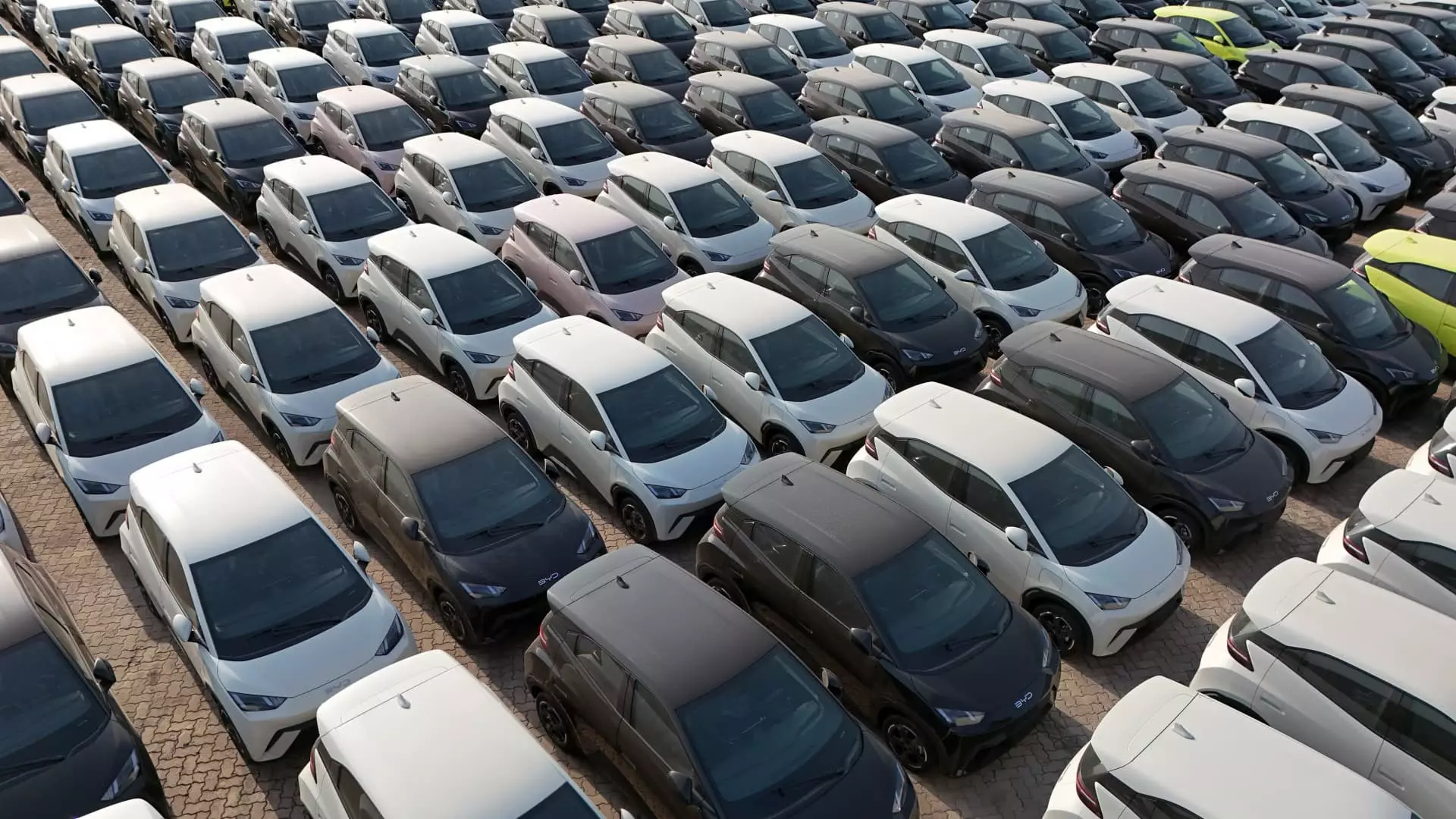On Wednesday, the Chinese government expressed its dissatisfaction with the European Union’s decision to impose tariffs on electric vehicle imports from China. The Ministry of Commerce spokesperson criticized the EU for what they believe to be biased conclusions regarding China’s electric vehicle industry subsidies. The spokesperson stated that Beijing will take all necessary measures to defend the rights and interests of Chinese companies.
The European Commission recently announced a reduction in import duties on electric vehicles from China, including leading automakers such as Tesla. The new tariffs set for Tesla were significantly lower than initially anticipated, at 9% instead of 20.8%. Additionally, the EU imposed tariffs on other Chinese electric car manufacturers, such as BYD, SAIC, and Geely, in response to concerns about unfair competition due to China’s subsidies.
In response to the EU’s decision, the Chinese Commerce Ministry presented extensive legal documents and evidence to support their position. They argued that the EU’s tariffs would disrupt the global automotive industry supply chain and potentially create instability. Despite China’s efforts to provide evidence and engage in dialogue with the EU, the Ministry claimed that the final ruling did not fully consider their opinions and was based on unilateral facts.
The Chinese government expressed strong opposition and concern over the EU’s decision, emphasizing the need to avoid escalating trade frictions. They emphasized the importance of resolving any disputes through practical actions and dialogue. China hopes to find a mutually beneficial solution with the EU to address the concerns raised by the tariffs on electric vehicle imports.
The conflict between China and the EU over tariffs on electric vehicle imports highlights the growing tensions in global trade. Both parties are striving to defend their interests and ensure fair competition in the automotive industry. It remains to be seen how the situation will evolve and whether further negotiations will lead to a resolution that satisfies both China and the European Union.


Leave a Reply